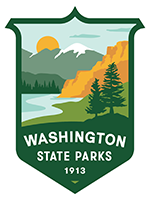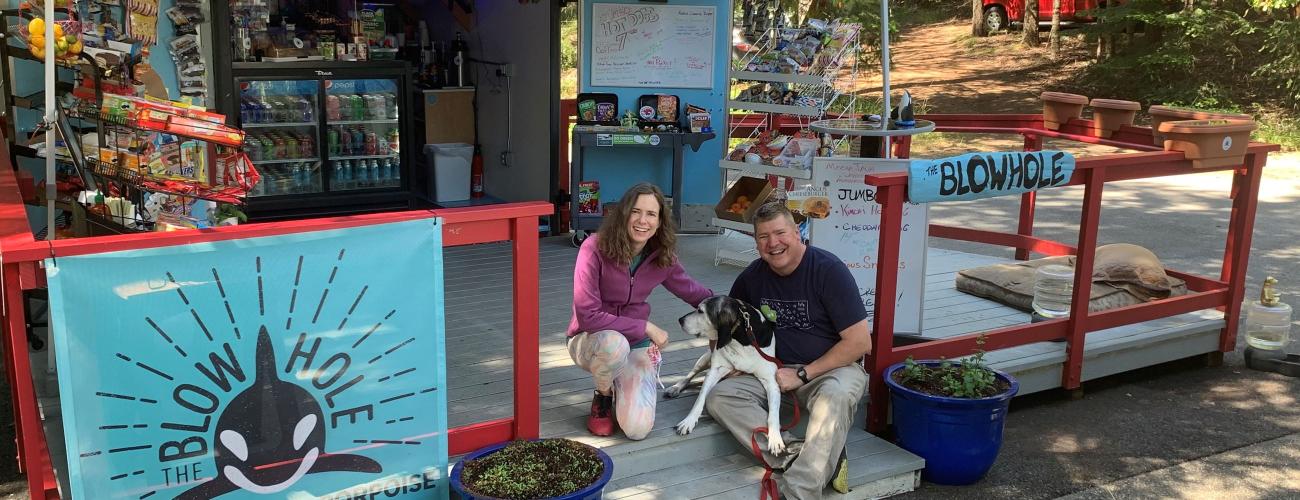Concessions Program
Concessionaires typically have a fixed site within the park such as a building, temporary structure or mobile vehicle and may advertise within the park. State parks contracts with a variety of small businesses through concession agreements to offer services that contribute to high quality experiences for park visitors. Standard concession agreements can range from one season to up to five-years and may be extended beyond five years.
Requirements
All concessionaires must
- Have a valid business license to operate in the State of Washington
- Pass a criminal background check
- Obtain insurance with a minimum of $1,000,000 in liability
- Able to operate and keep a regular schedule during the park's busy season (typically May - September)
- Other requirements may be necessary such as food handlers permits or requirements which are standard to their respective industry.
Becoming a State Parks Concessionaire
You can find concession opportunities by signing up for WEBS (Washington Enterprise business Solutions. Registering for WEBS is free and takes 10-30 minutes. WEBS uses a commodity code system, meaning that you select certain codes that are of interest to you. When a bid opportunity is released with a matching commodity code to one you've chosen, the system will send you an email alert. The commodity code normally used for State Park concessions is 961-15 (concessions, catering and vending). Other commodity codes may be used depending on the type of services required, so please check all that apply to your business. These opportunities are generally made available to the public through a request for proposal (RFP) process.
Concession or Commercial use
Not sure if what you want to do is considered a concession or commercial use? Please contact the concession manager and she will help you determine what is best for your activity.
Generally, State Parks concessions have exclusive space within the park, whether it's a building, a mobile food truck or a pop-up tent. Concessionaires keep a regular business schedule and have frequent, daily interaction with park patrons. At this time, we do not have a permit for temporary vendors to set up at will in any of the State Parks.
Commercial Use providers are those recreational providers that use state park property for their business activities. Commercial Use providers conduct their business transactions outside of the park or online and meet their customers at an agreed upon location for their activity within the park. Advertising is not allowed within the park. For additional information on Commercial Use, please visit the Commercial Use Permit page.
Contact Us
| Name | Sarah Yearout |
|---|---|
| Department | Concessions Manager |
| Phone | (360) 902-8593 |
| sarah.yearout@parks.wa.gov | |

